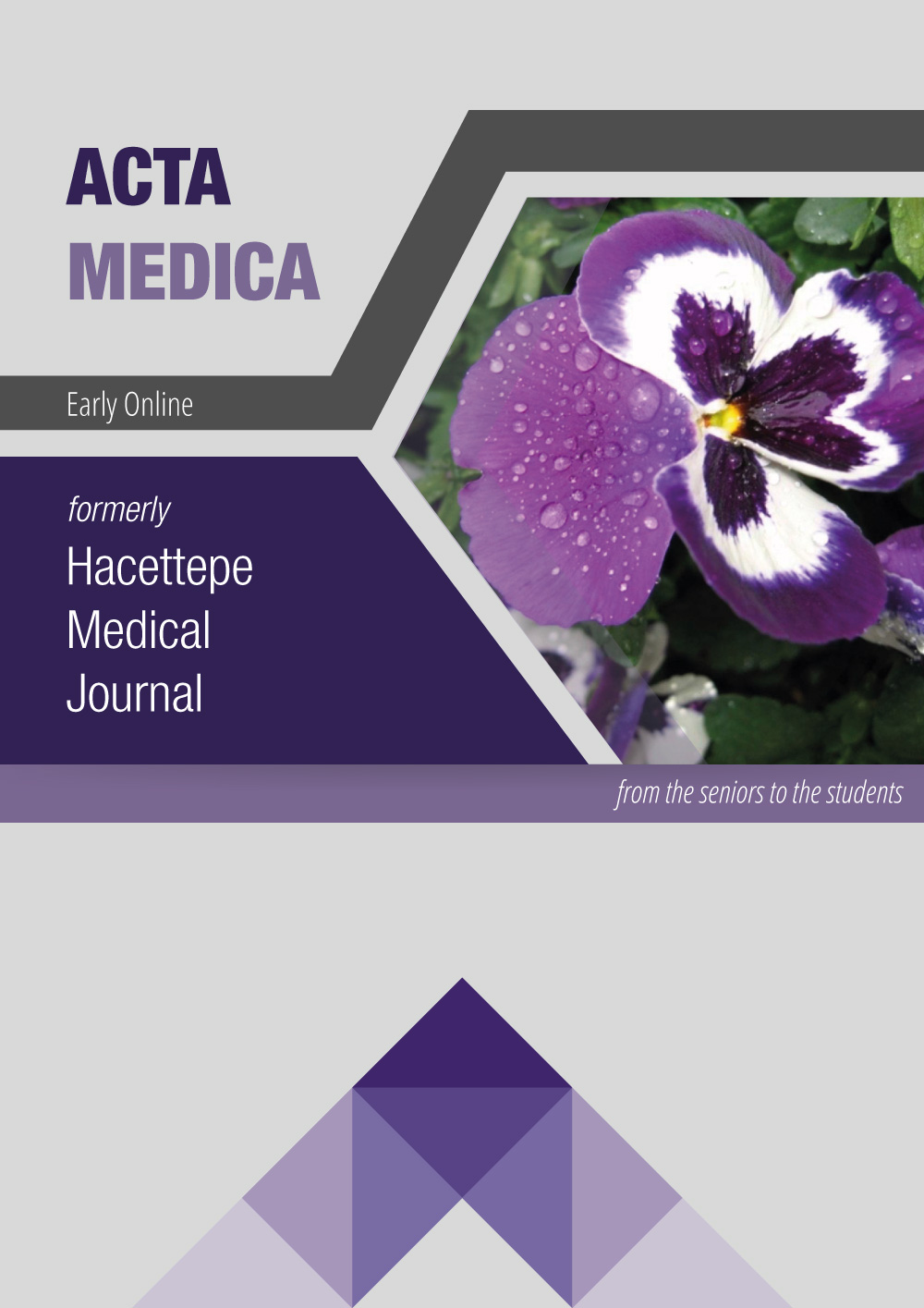Melatonin can mitigate H2O2-induced atrophy and promote muscle fiber hypertrophy in morphological level in mouse myoblast cell line
DOI:
https://doi.org/10.32552/2024.ActaMedica.1037Keywords:
Melatonin, mitochondria targeted antioxidants, morphological level, H2O2-Induced muscle AtrophyAbstract
Objective: It is known that oxidative stress is the main factor in the formation of disuse muscle atrophy which is the most common type of muscle atrophy. The utilization of antioxidants as supplements, particularly the category known as mitochondrial targeting antioxidants (MTA), such as melatonin, have demonstrated significant potential as an advanced therapeutic approach. In this study, we aimed to investigate the effect of melatonin application on the cellular morphology of the C2C12 cell line.
Materials and Methods: In our experiment, we induced oxidative stress using hydrogen peroxide (H2O2) to create a model of skeletal muscle atrophy. We established four distinct groups of C2C12 cells, all exposed to the same conditions. These groups included Control (C), Melatonin (M), H2O2 (H), and Melatonin + H2O2 (MH). The aim was to examine morphological features, specifically myotube diameters, to assess atrophy.
Results: The analysis revealed significant differences in diameters among the groups (p < 0.05). The melatonin treatment group not only showed a mitigation of diameter change due to atrophy but also exhibited a significant increase in diameter.
Conclusion: The results suggest that H2O2 induces muscle atrophy, and melatonin plays a dual role in maintaining muscle health, protecting against atrophy and promoting hypertrophy, particularly at the morphological level. However, additional research is needed to figure out the details of underlying mechanisms.
Downloads
Downloads
Published
How to Cite
Issue
Section
License
Copyright (c) 2024 Acta Medica

This work is licensed under a Creative Commons Attribution-NonCommercial-NoDerivatives 4.0 International License.


